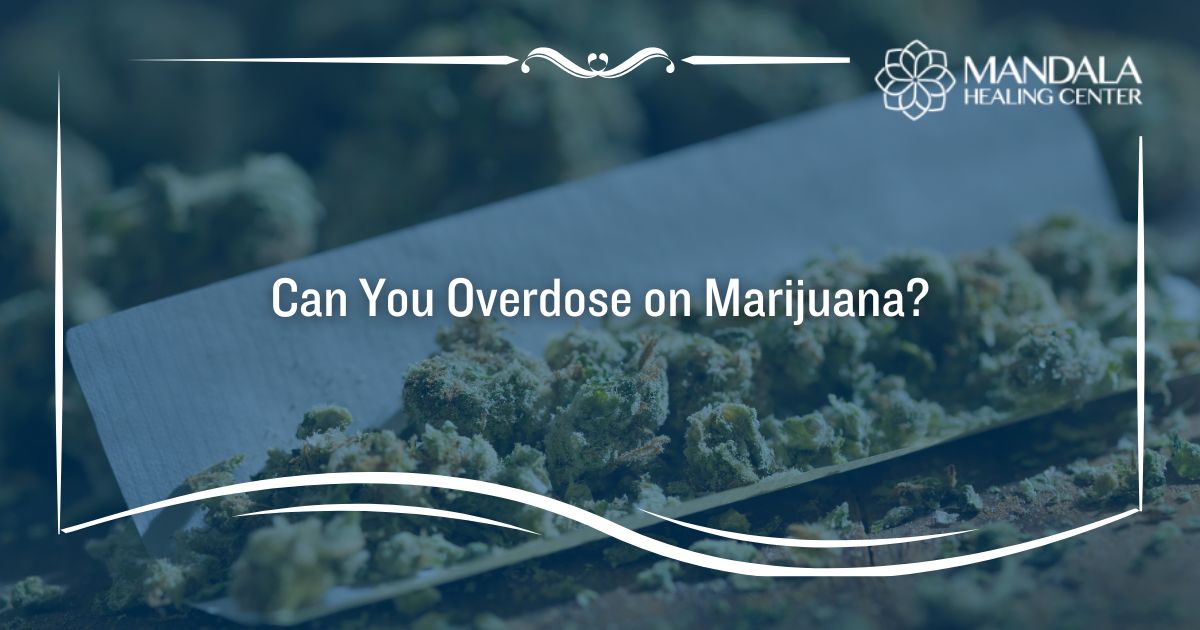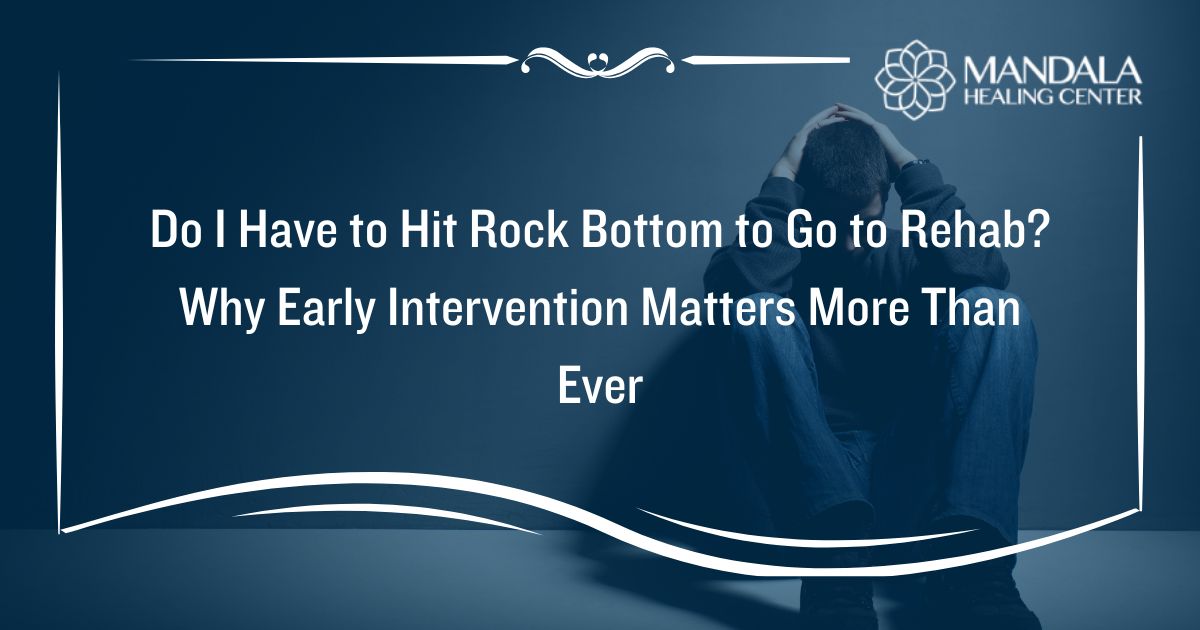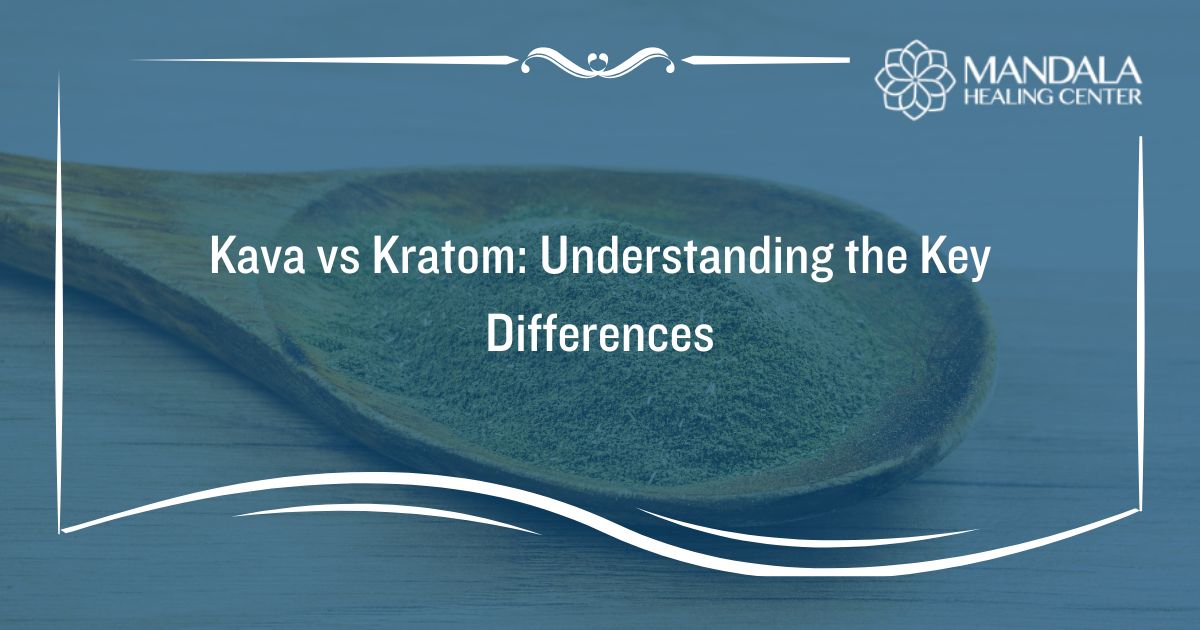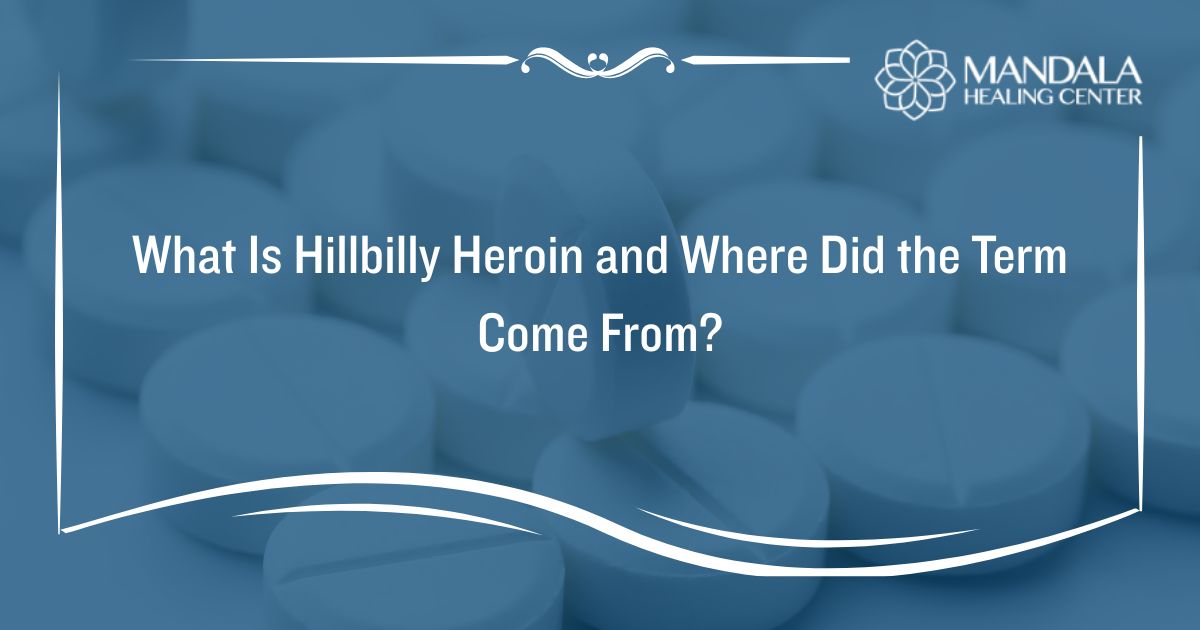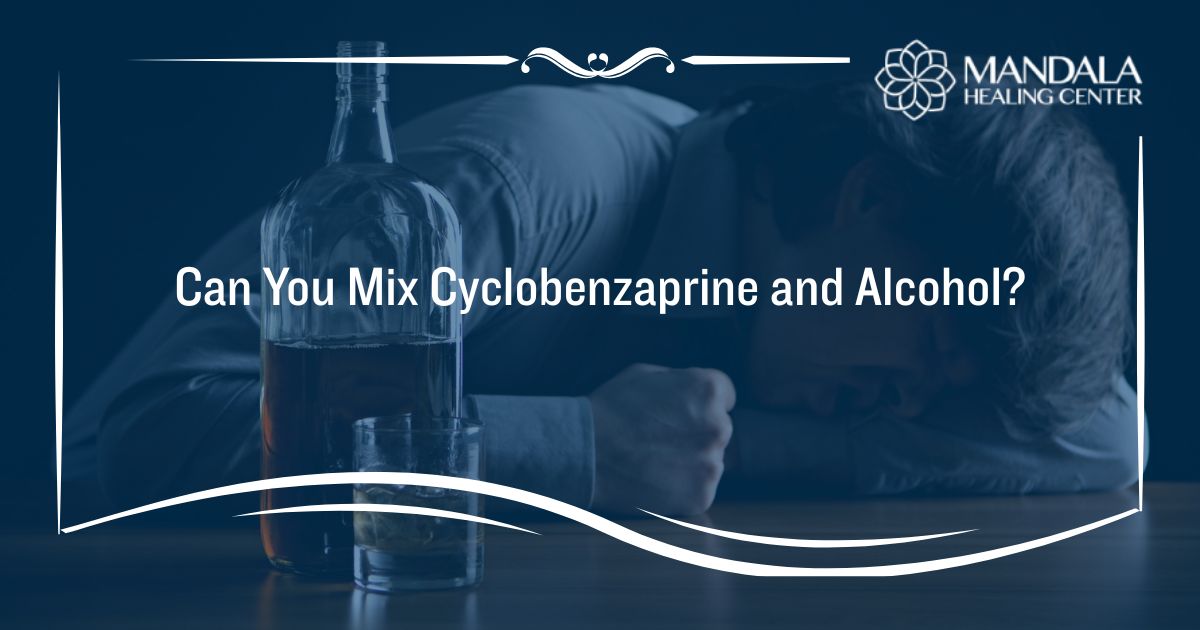As more states decriminalize or legalize marijuana for recreational and medical use, more people throughout the United States are gaining access to cannabis products. People may be curious about how much they should use–and how much is too much. Many people wonder if it’s possible to overdose on marijuana.
In short, people can experience a marijuana overdose. While cannabis overdose is very rarely life-threatening, it can be distressing and cause serious problems.
This article will explore the risk of overdose while ingesting marijuana.
- The symptoms of a marijuana overdose
- The effects of abusing marijuana
- How to recognize cannabis use disorder
- What to expect during treatment for marijuana addiction
- Where to find treatment and recovery support
If you or a loved one struggles with marijuana abuse or addiction, you are not alone. Find information about drug abuse or addiction treatment by contacting Mandala Healing Center specialists today.
Can You Overdose on Marijuana?
Marijuana contains a psychoactive compound called tetrahydrocannabinol (THC). Ingesting marijuana by smoking or eating it allows THC to enter the bloodstream. People may experience side effects while using marijuana, including:
- Euphoria
- Relaxation
- Excessive laughter
- Increased hunger
In addition to these pleasurable side effects, cannabis users may experience:
- Panic
- Anxiety
- Psychosis
- Altered sensory perceptions
- Altered sense of time
The effects of marijuana can vary from person to person. They depend on the strain of marijuana a person uses, their tolerance level, their metabolism, and other factors.
Using large doses of marijuana may cause additional risk of long-term effects or health risks. But is it possible to overdose on marijuana like other illicit drugs?
A THC overdose is possible. Unlike other drugs, a marijuana overdose is not likely to be fatal. However, it can cause unpleasant side effects that may require medical attention.
Signs of a Weed Overdose
It can be challenging to define what a marijuana overdose means. Typically, people define a weed overdose as marijuana use that causes unwanted or distressing symptoms.
Some of the signs of a marijuana overdose may include:
- Anxiety
- Panic attacks
- Nausea and vomiting
- Hallucinations (seeing or hearing things that aren’t there)
- Feeling detached from yourself or your environment
- Feeling as though you might die
- Paranoia
In some cases, people who have consumed an excessive amount of THC may have seizures. It is critical to seek medical treatment right away if someone is experiencing symptoms like high blood pressure, chest pain, or trouble breathing.
Generally, substance abuse experts believe that edibles (gummies, baked goods, drinks, and other food products containing THC) are more likely to cause an overdose. The body processes THC differently when people consume it, and it may be harder to control how much THC someone is consuming.
In most cases, the symptoms of a THC overdose are short-term and do not require treatment. People must wait for the unpleasant side effects to wear off as the body metabolizes the THC in its systems.
The Effects and Risks of Marijuana Abuse
Many people believe that it is not possible to become addicted to marijuana. However, research suggests that this is not the case. People who abuse marijuana may develop signs of addiction, including:
- Cravings
- Withdrawal symptoms if they stop using it
- Needing to use more to get the desired effects
- Spending a lot of time and energy getting, using, and recovering from using marijuana
- Neglecting relationships, hobbies, and responsibilities
- Isolating
- Experiencing new or worsening mental health symptoms
People who become addicted to marijuana may have severe withdrawal symptoms, including cravings, insomnia, nausea, and more. This can make it very challenging to stop using THC. People who become addicted to marijuana may require treatment and ongoing support to stop using it.
While marijuana is legal for sale and use in many states, it is still illegal to distribute, own, or use marijuana in most states. People who abuse marijuana may face a higher risk of legal trouble related to their cannabis use.
People who show signs of marijuana abuse or addiction must seek treatment as soon as possible. Comprehensive substance abuse treatment programs can help people safely stop using cannabis products and learn how to avoid relapse for life.
Treatment for Marijuana Addiction
Treatment for marijuana addiction typically involves a combination of evidence-based therapies, including:
- Medically-supported treatment throughout detox
- Behavioral therapies
- Relapse prevention education
- Individual, group, and family therapy
- Exercise, mindfulness, nutrition support, and other holistic therapies
Having support throughout detox, treatment, and aftercare is essential. It is critical to seek treatment as soon as you recognize the signs of addiction. Having support throughout the recovery process is more likely to lead to positive, long-lasting outcomes in recovery.
Find Treatment Now
If you or someone you love struggles with marijuana abuse or addiction, you are not alone. Contact the specialists at Mandala Healing Center to learn about our addiction treatment and support programs. Reach out with questions, to verify your insurance, or to schedule an intake appointment.
References:
- National Institute of Health (NIH): Marijuana Toxicity
- NIH: The Health Effects of Cannabis and Cannabinoids: The Current State of Evidence and Recommendations for Research.
- Up To Date: Cannabis (marijuana): Acute intoxication


